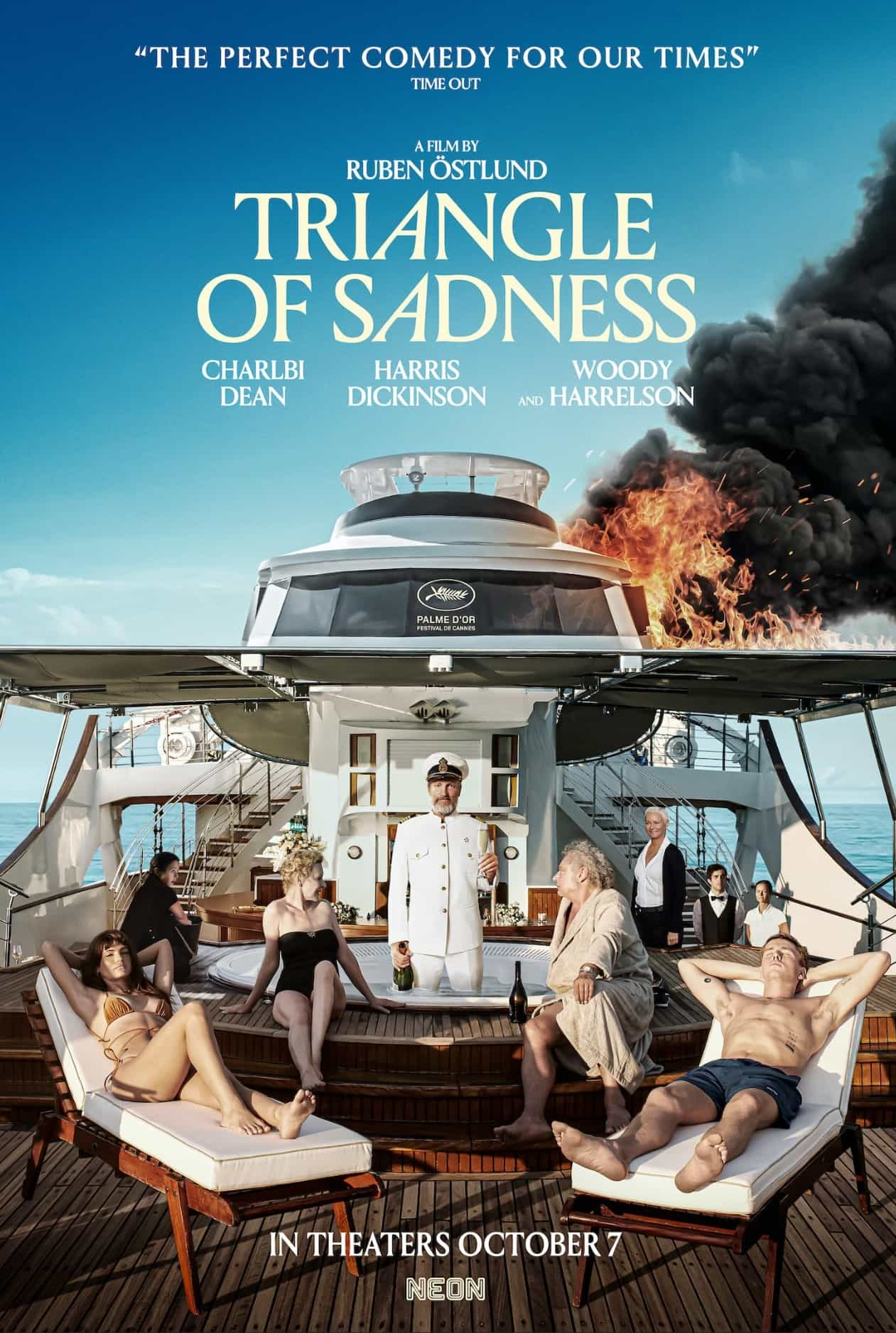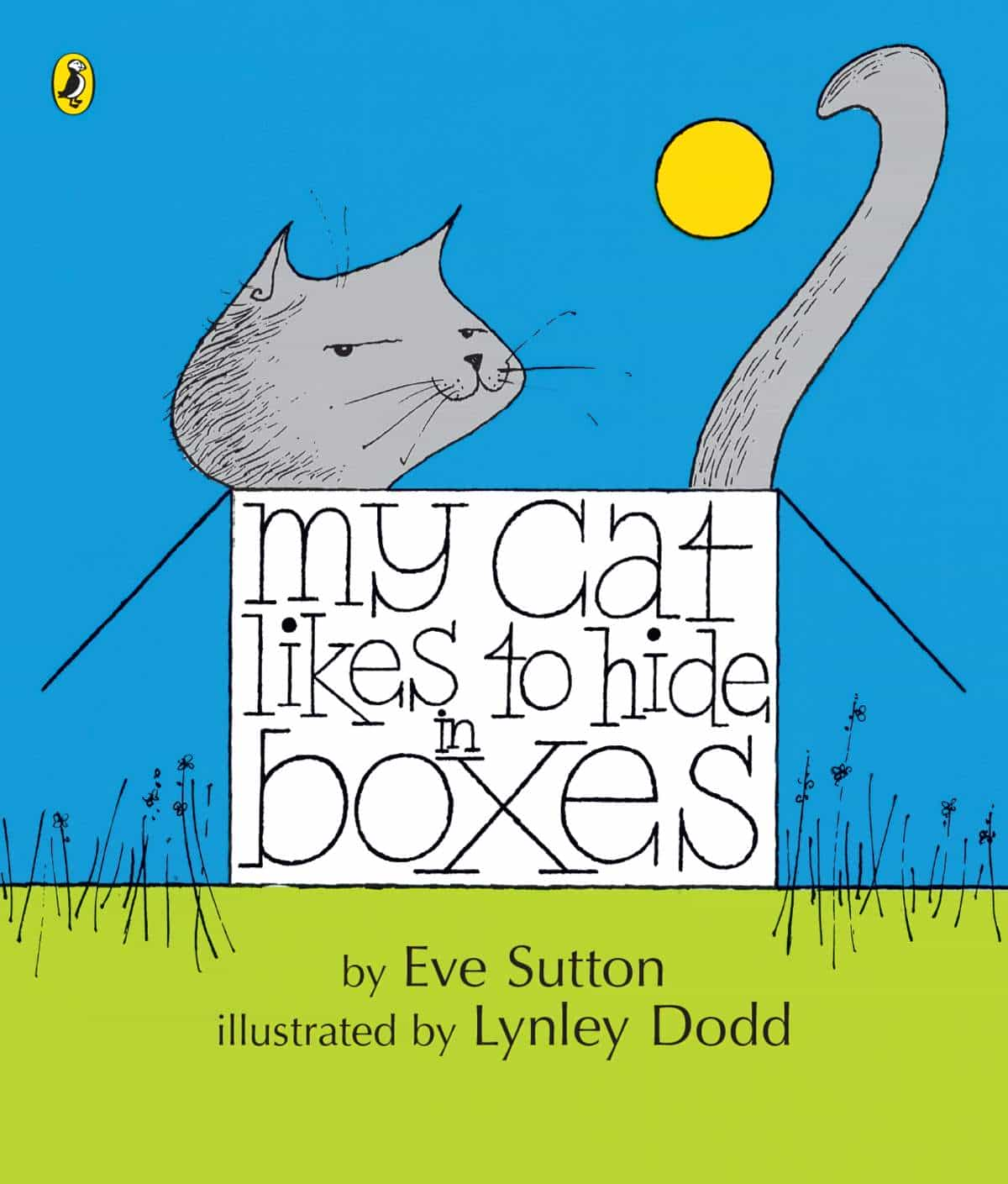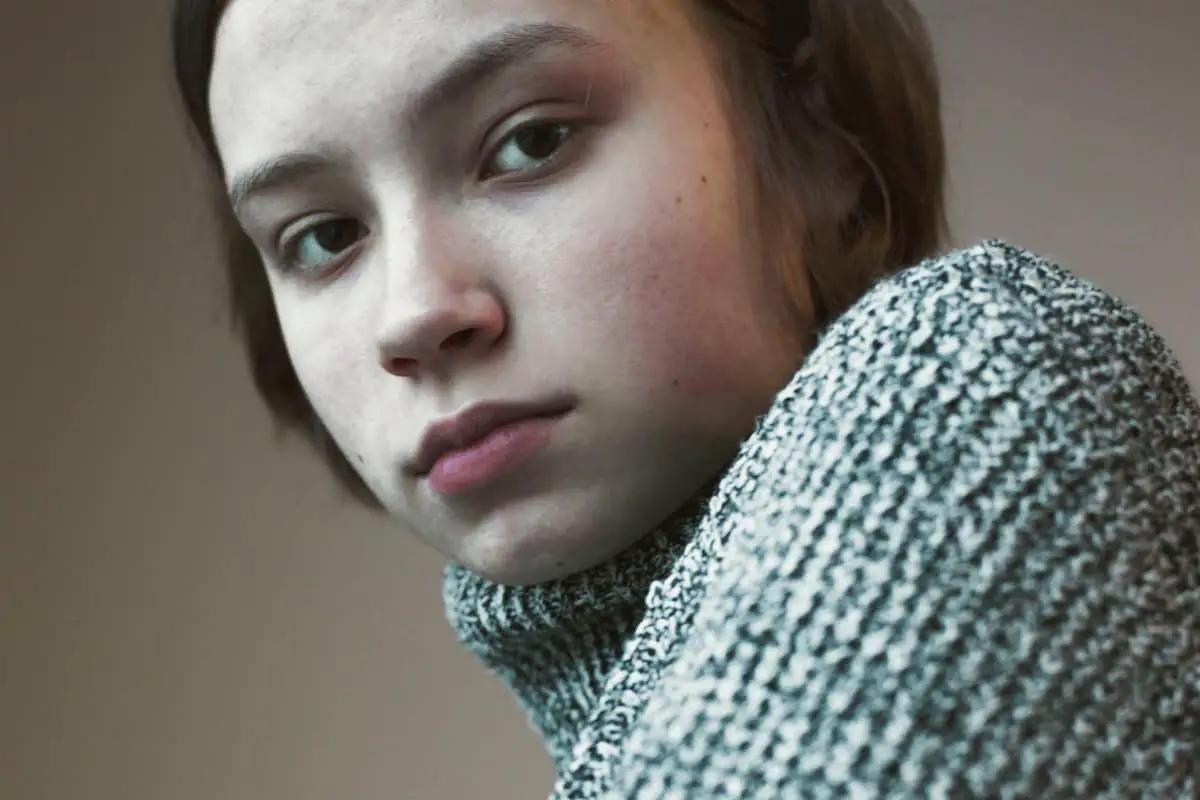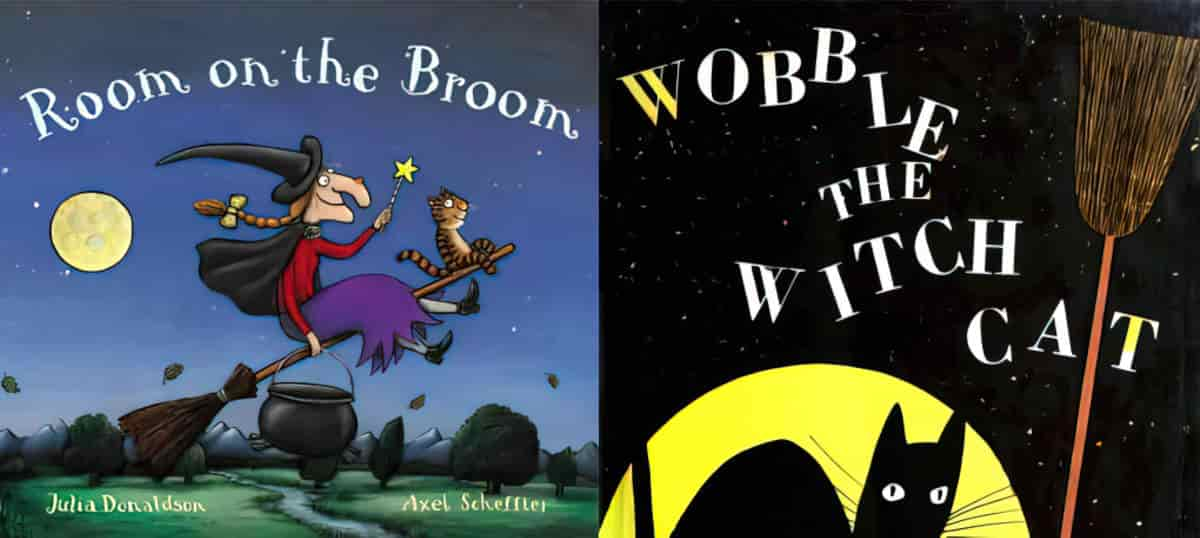-
This Is Not My Hat by Jon Klassen Analysis
This Is Not My Hat by Jon Klassen shows that toddlers can cope with the horror genre. “Jon Klassen’s darkly humorous illustrations are a joy to behold. Deceptively simplistic, the expressions and events that he captures, which range from the sublime to the sinister, are utterly wonderful.” The CILIP Carnegie and Kate Greenaway Medal judges’…
-
What happens at the end of Triangle of Sadness (2022)?

Ruben Östlund’s Triangle of Sadness is a disturbing mash-up of Lord of the Flies, reality TV series Below Deck and Alex Garland’s The Beach.
-
My Cat Likes To Hide In Boxes by Lynley Dodd Analysis

Written by Eve Sutton, My Cat Likes to Hide in Boxes is the very first picture book illustrated by New Zealand’s Dame Lynley Dodd.
-
What Is A Chronotope?
According to Russian literary theorist Mikhail Bakhtin (1895–1975), a chronotope is a type of image which fuses space in a time in a concrete and meaningful way. He introduced this term in 1937. The word chronotope comes by way of Russian from the Greek words for time and place. Think chronology + topography smooshed together. But when…
-
How I Met My Husband by Alice Munro Short Story Analysis
The narrator of “How I Met My Husband” has a different voice from most other characters by Canadian author Alice Munro.
-
What is humanism in simple terms?
If you’re wondering about the definition of ‘humanism’, you’re not alone. The word has many meanings.
-
Superheroes In Storytelling: Various Notes
Love it or loathe it, the superhero is an ambivalent archetype in storytelling, useful to either bolster the conservative status quo, or subvert it.
-
What is a social construct?

A social construct is an aspect of our reality which is: not determined by nature, created by human societies and context specific.
-
What to watch if you LOVE Breaking Bad
Loved Breaking Bad? Fingers crossed you haven’t seen all of these recommendations already. The following descriptions are spoiler free.
-
Why writing does not get any easier with practice
Does writing get easier the more you do it? Yes and no. The mechanics get easier but each project presents its own new problems.
-
What architectural style is the house of Psycho?
The Psycho house is similar to what is now called ‘Second Empire Style’. What makes this style of architecture feel so creepy?
-
Hatred of Teen Girls In Pop Culture

The culture, as as whole, despises teenage girls. Let’s take a look at the evidence in pop culture and storytelling.
-
What do butterflies symbolize in literature?

If you grew up in the West, butterfly symbolism may seem obvious: Butterflies symbolize transition and transformation. This isn’t always so.
-
What is an aphorism in simple terms?
An aphorism is an original thought, spoken or written in a concise form, designed to be memorable. The aphorism is ‘the takeaway point’ of a story, article or speech. Aphorisms should be somewhat surprising: “Oh yeah, that’s true actually. I hadn’t thought of it like that. Ha.”
-
What makes a children’s picture book old-fashioned?

Room On The Broom is now over twenty years old and is no longer contemporary, but because of the similarities in plot, I’ll use Julia Donaldson (and Axel Scheffler’s) book to illuminate how — exactly — Mary Calhoun (and Roger Duvoisin’s) popular American picture book from the mid 20th century feels like a book from…